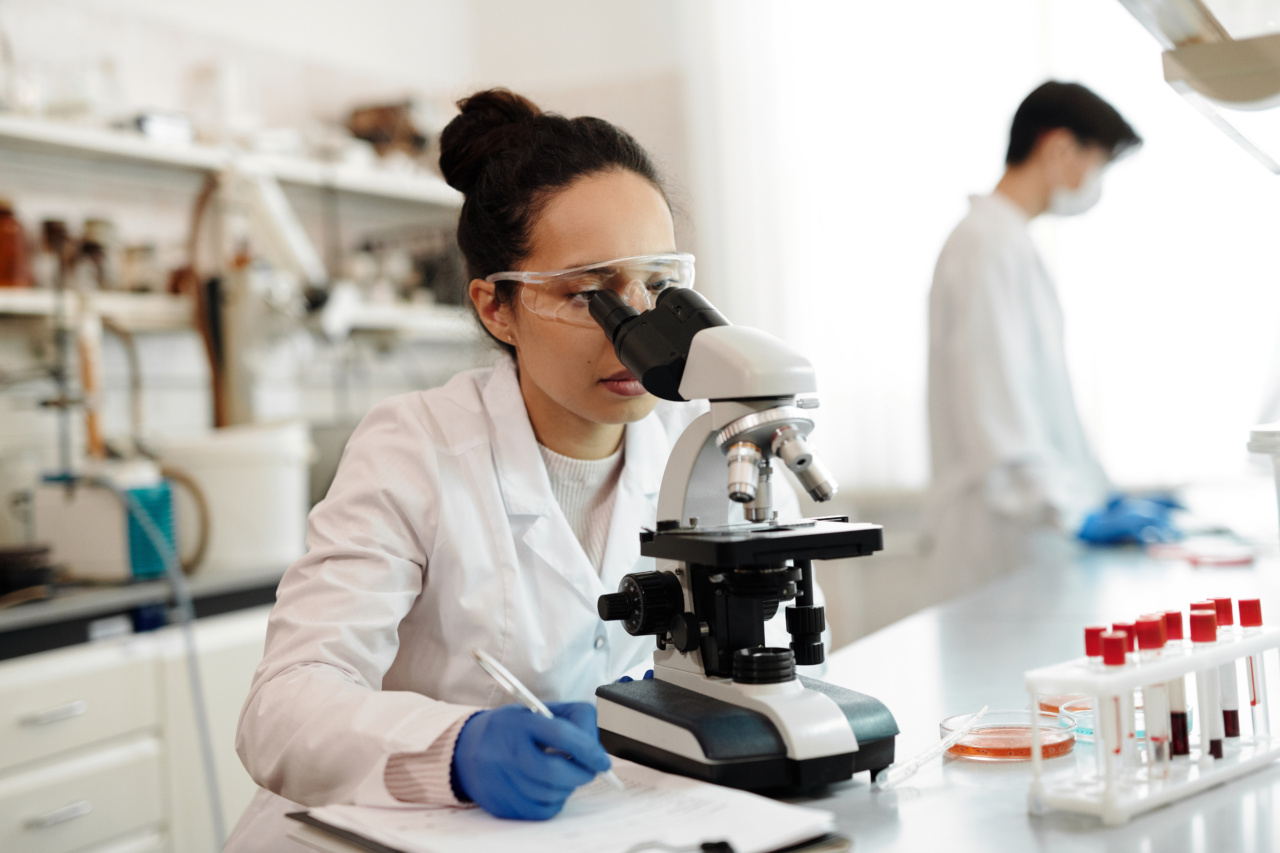Regenerative medicine, a rapidly evolving field, aims to restore the structure and function of damaged tissues and organs through the use of advanced technologies and therapies.
DNA testing plays a pivotal role in this discipline, providing valuable insights into the genetic makeup of individuals and helping tailor personalized treatments. This article explores the current applications of DNA testing in regenerative medicine and discusses its future potential in revolutionizing the field.
The Role of DNA Testing in Regenerative Medicine
DNA testing refers to the analysis of an individual’s genetic material, mainly their deoxyribonucleic acid (DNA), to identify variations, mutations, or other genetic factors that may contribute to certain diseases or conditions.
In regenerative medicine, DNA testing serves various purposes:.
1. Disease Risk Assessment
Through DNA testing, healthcare professionals can assess an individual’s predisposition to certain diseases or conditions.
Genetic markers play a crucial role in determining the risk of developing specific ailments, such as cardiovascular diseases, cancer, or neurodegenerative disorders. Understanding these risk factors enables early intervention or targeted therapies to prevent or mitigate the progression of these diseases.
2. Precision Medicine
DNA testing enables the practice of precision medicine in regenerative therapies. By analyzing an individual’s genetic profile, clinicians can tailor treatment plans to the patient’s specific needs.
This includes identifying the most effective medications, determining optimal dosages, and predicting potential adverse reactions. Such personalized approaches maximize the efficacy of regenerative medicine interventions while minimizing risks and side effects.
3. Tissue Matching and Transplantation
For patients requiring organ or tissue transplantation, DNA testing plays a crucial role in identifying compatible donors.
Human leukocyte antigens (HLAs) are proteins present on the cell surface that determine tissue compatibility between donors and recipients. DNA testing allows for precise HLA matching, increasing the success rate of transplants and reducing the likelihood of rejection.
4. Identification of Genetic Mutations
Genetic mutations can significantly impact the efficacy of regenerative medicine therapies. DNA testing helps identify these mutations, enabling healthcare professionals to select appropriate treatments that target the specific genetic defect.
Furthermore, DNA testing facilitates the identification of rare genetic disorders that may be responsible for tissue or organ damage, allowing for earlier diagnoses and interventions.
5. Monitoring Treatment Progress
Through DNA testing, medical practitioners can monitor the progress of regenerative medicine interventions.
By analyzing specific genetic markers, clinicians can assess the effectiveness of treatments, identify potential complications, and make informed decisions regarding adjustments to therapy plans. This real-time monitoring contributes to better patient outcomes and enables proactive intervention if necessary.
Future Potential of DNA Testing in Regenerative Medicine
The field of regenerative medicine holds immense promise, and DNA testing is expected to play an increasingly significant role in its future development. Here are some exciting prospects for the integration of DNA testing in regenerative medicine:.
1. Personalized Stem Cell Therapies
Stem cells have shown great potential in regenerating damaged tissues and organs. With DNA testing, healthcare professionals can determine an individual’s suitability for stem cell therapies based on their genetic make-up.
This personalized approach ensures that the selected stem cells possess the necessary compatibility and potential for successful engraftment.
2. Gene Editing for Enhanced Regeneration
Advancements in gene editing techniques, such as CRISPR-Cas9, offer the possibility of modifying the genetic code to enhance regenerative processes.
DNA testing can identify specific mutations or genes that, when targeted for editing, could facilitate more effective tissue repair and regeneration.
3. Pharmacogenomics in Tissue Engineering
Pharmacogenomics, the study of how an individual’s genetic makeup affects their response to drugs, can be integrated into tissue engineering approaches.
DNA testing can identify genetic variations that influence drug metabolism and efficacy, leading to improved drug selection and dosing strategies in regenerative medicine interventions.
4. Biomarker Discovery for Early Intervention
Through large-scale DNA testing and analysis, researchers and clinicians can identify specific genetic markers associated with disease progression or response to therapy.
These biomarkers can then be utilized to develop diagnostic tests that enable early detection and intervention, significantly improving patient outcomes in regenerative medicine.
Conclusion
DNA testing plays a vital role in the field of regenerative medicine, providing valuable insights into the genetic factors that influence disease susceptibility, treatment response, and tissue compatibility.
With its ability to enable precision medicine, enhance transplantation success rates, and drive personalized therapies, DNA testing is set to revolutionize regenerative medicine. As technology advances and our understanding of genetics deepens, the future holds even more exciting possibilities for the integration of DNA testing in this rapidly evolving field.





























